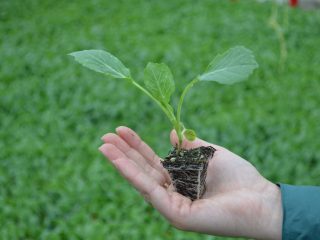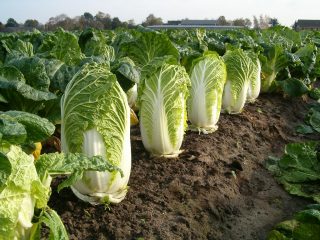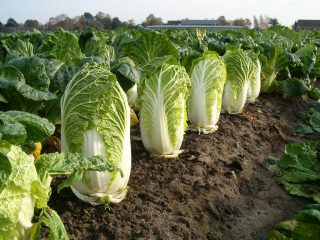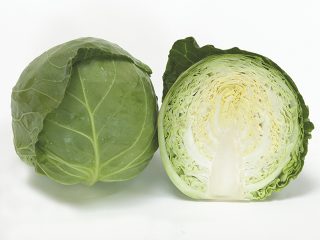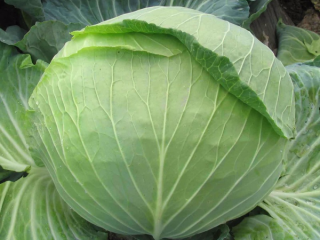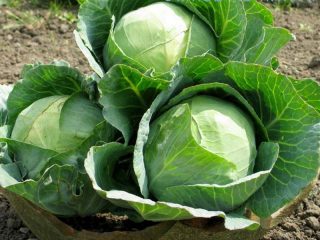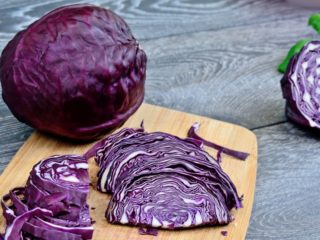Content
Fresh cabbage tastes bitter for various reasons. In some cases, the unpleasant taste is associated with the characteristics of the variety, in others with the growing conditions, and in others with the duration of storage. Often unwanted bitterness can be removed from a product. There are several ways to do this.
Why is white cabbage bitter?
When young cabbage is bitter, the reasons may be natural. It contains glucosinolates - organic compounds. They have a high sulfur content, which gives bitterness to the stalk and some leaves. This can affect not only the taste, but also the smell. There are fewer glucosinolates in large forks and early varieties of white cabbage. The increased content of these compounds in late varieties of the crop gradually decreases. In winter, the bitterness is significantly less pronounced. By March it completely disappears.
Bitter cabbage from the garden often means that the crop was grown incorrectly. There are several possible causes of an unpleasant taste:
- excess nitrogenous compounds, including nitrates (salts of nitric acid);
- deficiency of some micro- and macroelements, including phosphorus, potassium;
- lack of moisture - insufficient watering, excessively dry summer.
Bitterness increases when several factors combine. More often this concerns an excess of fertilizers combined with insufficient watering. The crop might have had enough moisture for growth and development, but during periods of fertilizing there was little of it, so many undesirable substances accumulated in the composition.
Often, an excess of certain elements is associated with the dishonesty of the people growing the crop. They overfeed it with fertilizers in pursuit of rapid growth and large size.
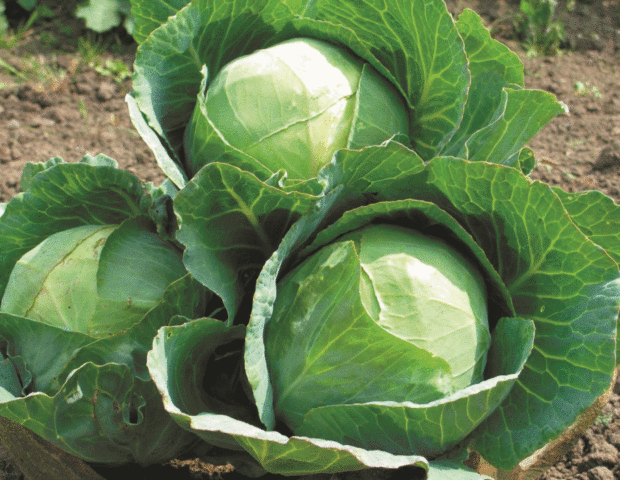
The reason for the undesirable taste of cabbage may lie in its cultivation next to hot peppers.
Fresh cabbage may turn out to be bitter due to untimely harvesting. An undesirable taste often indicates an immature crop that was removed from the garden too early. Bitterness often appears in late varieties that were harvested before frost. In this case, the juiciness of the cabbage also suffers. Properly harvest after the first frost.
White cabbage may become bitter after long storage. More often this is not due to how long the crop has been lying around, but to incorrect conditions. The cabbage may lose too much moisture, which will increase the bitterness.
How to remove bitterness from white cabbage
If there is an undesirable taste, you should know what to do to prevent the cabbage from becoming bitter. There are several options for solving the problem.
Soak in water
If the vegetable is bitter, then soaking it in cold water will help remove the unpleasant taste. This is appropriate when further preparation requires chopping. The head of cabbage is thinly sliced and filled with cold water. After half an hour, all the liquid is drained.
To prevent the vegetable from becoming bitter, adding apple cider vinegar to the soaking water is effective. 1 tbsp is enough. l. per liter This option is best used when you plan to prepare a salad.
Salt
To prevent cabbage from becoming bitter, salting it is effective. The algorithm of actions is as follows:
- Finely chop the vegetable.
- Place the workpiece in a suitable container.
- Sprinkle the chips with salt.
- Mash the slices with your hands or a fork.
- After 10-15 minutes, drain all the liquid.
- Place the workpiece in a colander and rinse with cold water.
Thanks to this processing, the cabbage releases juice, which removes the bitterness. During further preparation, you should take into account that the cabbage is already salted, so as not to overdo it with the spice.
Pour boiling water over
If the vegetable is bitter, and the preparation of the dish involves the use of whole leaves, then boiling water will help. The disassembled fork is dipped into it for a few seconds, and then immediately washed with ice water. If further heat treatment is planned, then cooling is not necessary, and treatment with boiling water can be extended up to a minute.
The disadvantage of this method is the partial loss of valuable elements. They are destroyed during heat treatment. This disadvantage occurs only if the vegetable is planned to be used fresh.
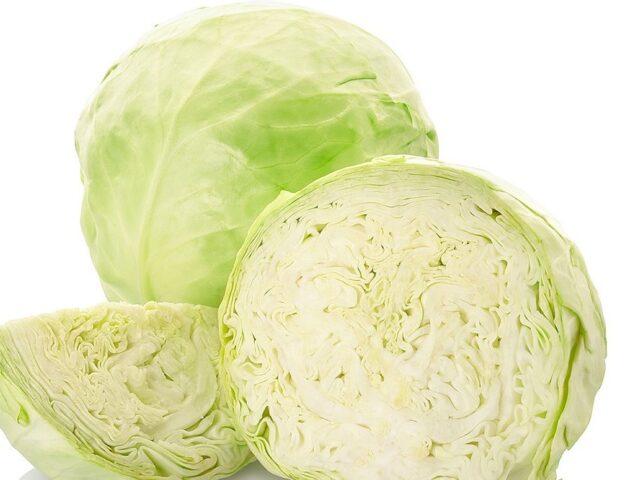
If the heads of cabbage start to become bitter due to long-term storage, then you cannot get rid of the unpleasant taste - the product should not be eaten
Apply lemon juice
Another option to make cabbage no longer taste bitter is to use lemon juice. This method is especially good when preparing a salad or cold appetizer.
The algorithm for eliminating the bitter taste is as follows:
- Chop the vegetable finely.
- Pour lemon juice over the slices.
- Mix.
- After ten minutes, drain the liquid.
There is another option. You can soak shredded cabbage in this mixture:
- 0.5 l of water;
- ½ tsp. granulated sugar;
- ¼ tsp. citric acid.
The water should be warm. In this composition you can soak thin shreds or coarsely chopped pieces. 10-15 minutes is enough. Afterwards, you can immediately continue cooking or rinse the workpiece with cold water to remove the sweet and sour taste.
How to choose cabbage without bitterness
There is no absolute guarantee that the purchased vegetable will not taste bitter. To reduce this likelihood, your choice should be guided by the following factors:
- late varieties have an elastic head - deformation during compression indicates immaturity, looseness is permissible only in summer salad crops;
- pleasant cabbage aroma without bitterness;
- leaves are dense, elastic;
- no cracks or stains;
- weight not less than 1 kg;
- The fresh vegetable has a bright green color and a white cut.
When purchasing, be sure to inspect the stalk. If too many leaves are cut off, this indicates an attempt to hide signs of disease or staleness.
Vegetables may taste bitter due to excess nitrates. The following signs indicate their presence:
- too thick leaves at the base of the head of cabbage;
- light weight, not corresponding to the size of the fork.

The best way to control nitrates in products is to use a special device (nitrate meter)
Conclusion
Fresh cabbage tastes bitter for various reasons. More often it is an excess of nitrates, improper care of the crop, storage for too long or inappropriate conditions.There are several options to get rid of the bitter taste. When choosing, you should consider the method of further preparation of the dish.
